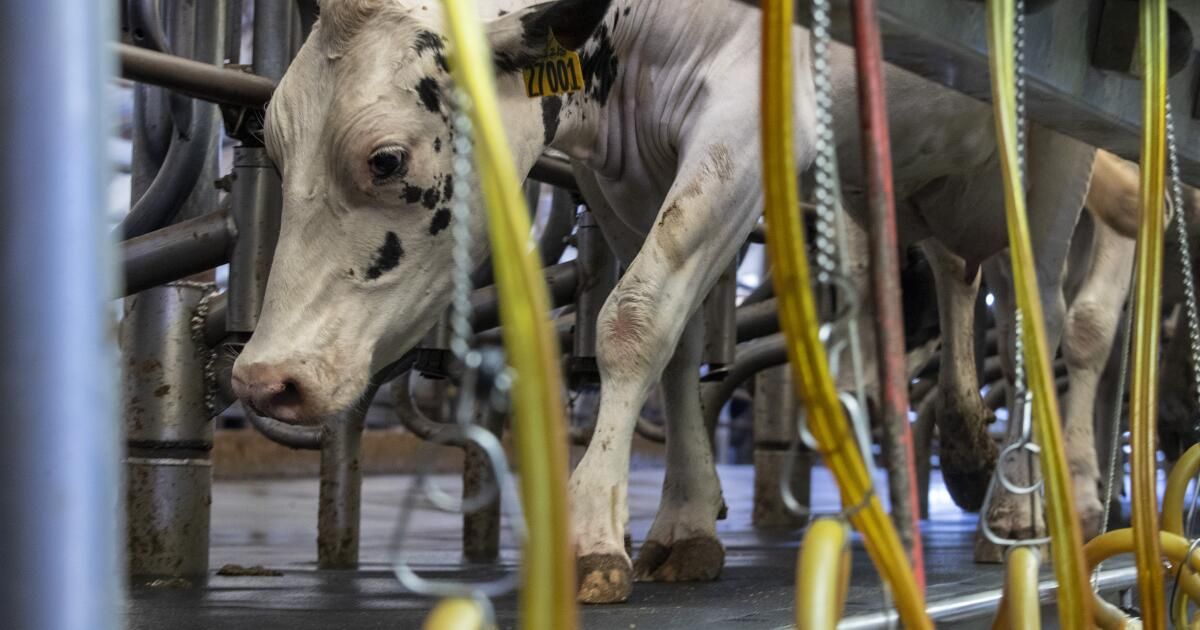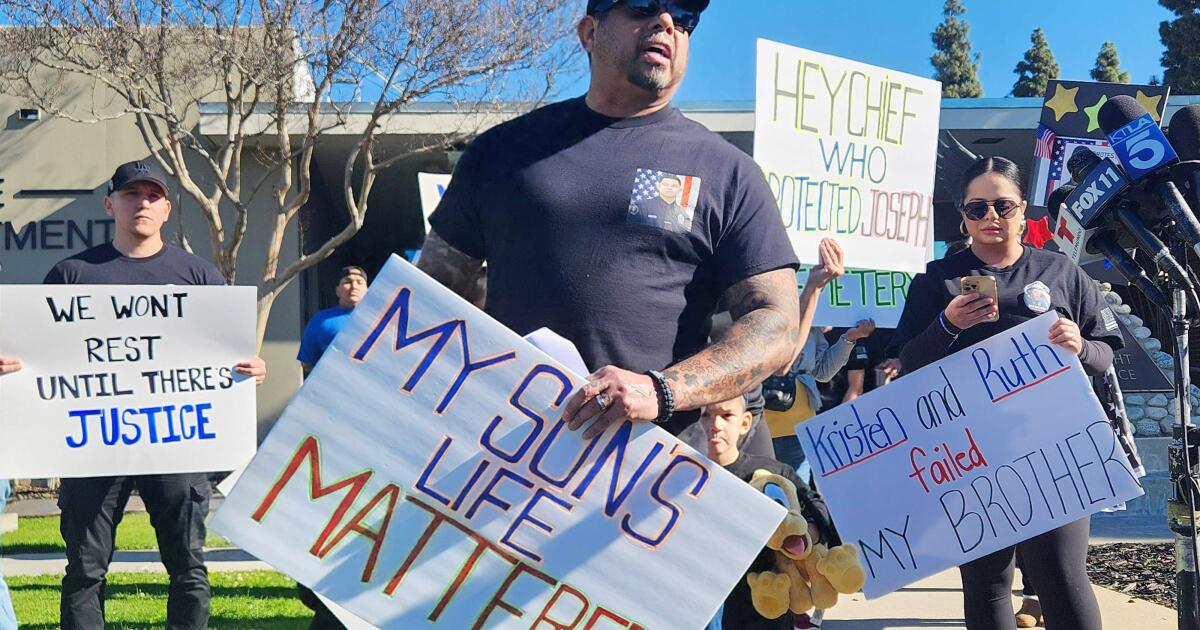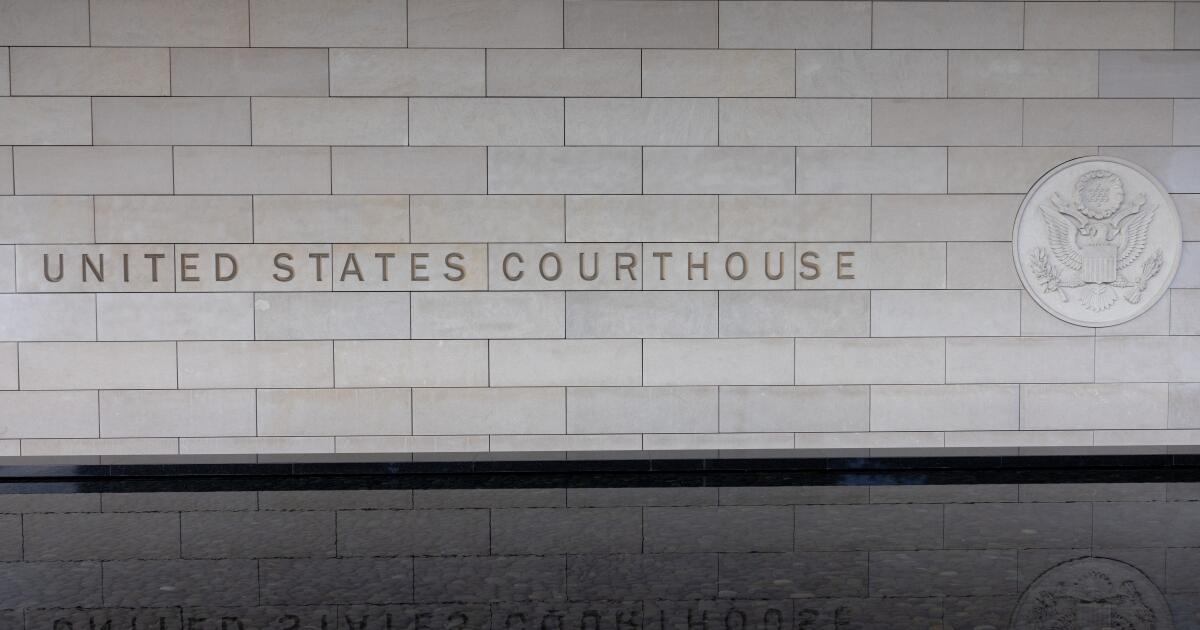California officials have identified three new outbreaks of H5N1 bird flu on dairy farms in the Central Valley, bringing the total number of infected farms to six.
Wednesday's announcement comes as Missouri health officials are trying to determine how a human who had no ties to dairy or poultry production became infected. It is the 14th human case reported this year.
According to a statement from the U.S. Centers for Disease Control and Prevention, “While other new cases of influenza have been detected through the nation’s national influenza surveillance system, this is the first time that system has detected a case of H5.”
The California Department of Food and Agriculture said the newly reported herds were in a “group selected for testing due to elevated risks from their recent connections to the initially affected facilities.”
Nationwide, 201 herds have been affected in 14 states. Another infected herd was identified in Michigan earlier this week.
A statement from the state agriculture agency said the discovery of three additional herds was not unexpected and was a testament to the agency's surveillance methods, which are designed to find “affected farms as quickly as possible.”
The affected dairies have been quarantined and “enhanced biosecurity measures have been implemented to prevent the spread of the virus,” the agency said.
The risk of H5N1 remains low for the general population, and the state’s milk and dairy supply is safe and “not impacted by these events,” the statement said. Health officials say pasteurization inactivates the virus, so there is no cause for concern for consumers of pasteurized milk or dairy products.
Steve Lyle, a spokesman for the state Department of Agriculture, said none of the affected farms are raw milk farms.
There are at least four dairies in California that produce raw milk. Three of them are located in the Central Valley and the fourth is in Grenada, north of Mount Shasta.
Mark McAfee, owner of Raw Milk Farms, which operates farms in Fresno and Hanford, said he tests his milk periodically and so far his herds have tested negative for the virus.












